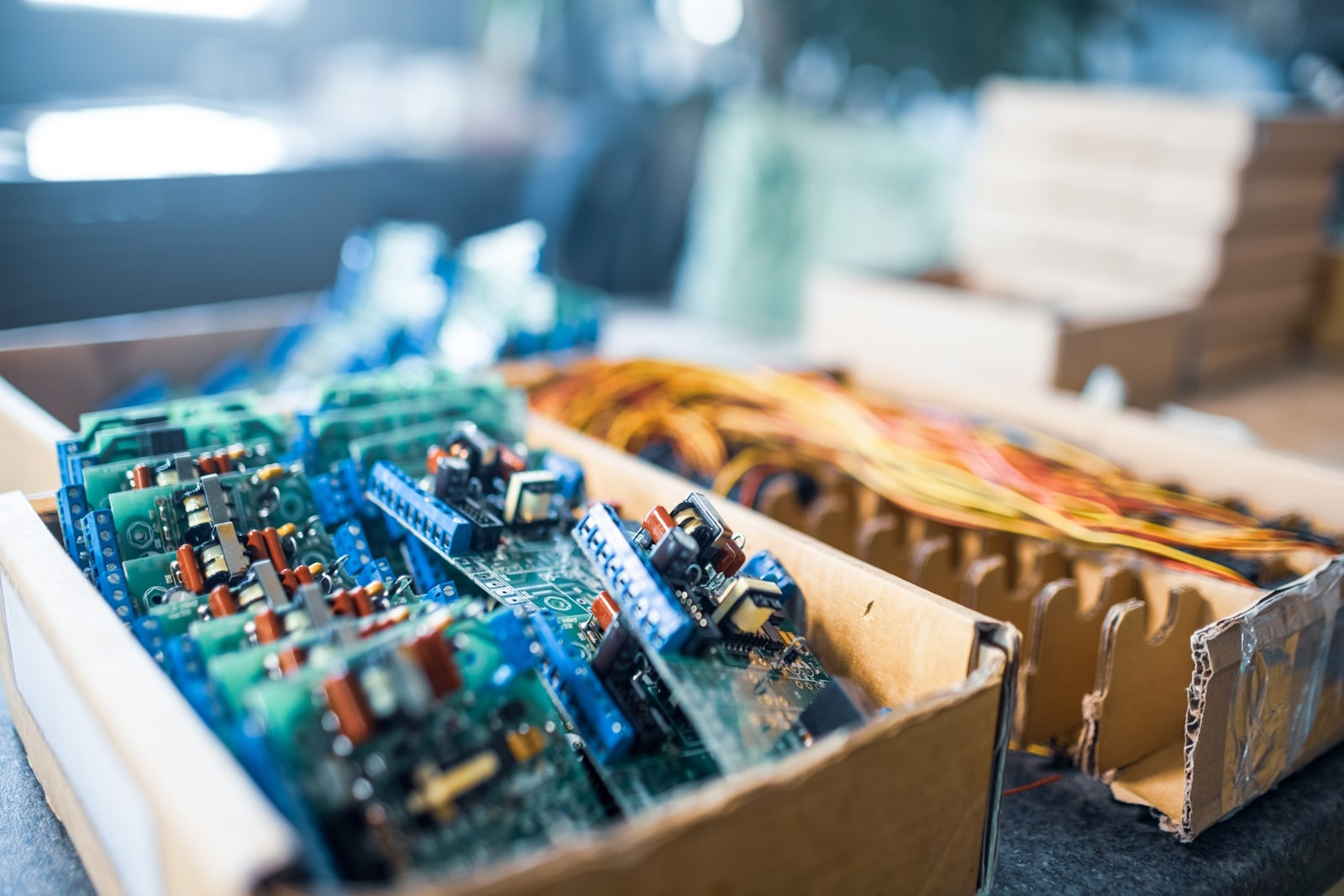Waste Management Companies and E-Waste Recycling
In today’s rapidly advancing digital world, electronic waste (e-waste) has become a growing concern, both environmentally and socially. As consumer demand for electronics continues to rise, so does the volume of e-waste. By 2030, it is projected that the world will generate 82 million tonnes of e-waste annually—an increase of 33% from 2022 levels. This growing problem underscores the urgent need for effective e-waste management practices, especially by waste management companies.
In this blog, we will explore the environmental impact of e-waste, the role of Extended Producer Responsibility (EPR) programs and the pivotal role waste management companies play in tackling this global challenge.
The Environmental Impact of E-Waste
E-waste is composed of discarded electronic devices such as computers, phones, and televisions, which often contain hazardous materials. When improperly disposed of, these substances can seep into the environment, contaminating soil and groundwater with toxins like lead, mercury, and cadmium. These harmful chemicals can have long-lasting effects on ecosystems, particularly in communities that rely on natural water sources for drinking or agriculture.
In addition to soil and water contamination, improper e-waste disposal also contributes to air pollution. The burning of electronic waste to extract valuable metals, for example, releases toxic fumes that pose a significant risk to human health and the environment. By choosing certified recycling routes, waste management companies can mitigate these risks by ensuring proper disposal and reducing the environmental footprint of e-waste.
The Role of Extended Producer Responsibility (EPR) in E-Waste Recycling
One of the most effective approaches to managing e-waste is through Extended Producer Responsibility (EPR) programs. EPR policies shift the responsibility of waste management from consumers and municipalities to manufacturers. Under EPR, companies that produce electronics are accountable for the collection, recycling, and safe disposal of their products once they reach the end of their life cycle.
In South Africa, for example, the government has introduced legislation that encourages manufacturers to manage the entire life cycle of their products. By doing so, manufacturers are incentivised to design products that are easier to recycle and have a lower environmental impact. For waste management companies, this means greater volumes of e-waste to manage, often under stricter regulations that ensure safe and sustainable recycling practices.
EPR regulations are critical because they promote the creation of recycling infrastructure and foster a culture of responsible production. Manufacturers are encouraged to design products with recyclability in mind, reducing the need for raw materials and minimising the environmental impact of production processes. For waste management companies, these regulations offer a framework to manage e-waste more effectively, contributing to a circular economy where materials are reused rather than discarded.
Consumer Responsibility in E-Waste Recycling
While manufacturers play a significant role in e-waste management, consumers also have a responsibility in ensuring their old electronics are disposed of properly. The key to reducing e-waste lies in consumer participation in recycling programs. Many waste management companies now offer take-back schemes, where consumers can drop off their old electronics at designated collection points. These programs help reduce the amount of e-waste that ends up in landfills or is improperly disposed of in informal recycling systems.
In recent years, there has been a rise in the number of businesses that focus on repairing and refurbishing electronics. By extending the life cycle of devices, these businesses reduce the volume of e-waste produced and promote sustainability. In South Africa, the growing awareness around the importance of reducing e-waste has led to an increase in the popularity of refurbished electronics, with many consumers opting for refurbished products as a more environmentally friendly option.
Waste management companies play a crucial role in supporting consumer responsibility by providing accessible recycling options and raising awareness about the importance of proper disposal. By offering convenient and safe channels for recycling, these companies empower consumers to make environmentally conscious choices.
The Impact of E-Waste on Public Health
The health risks associated with e-waste exposure are significant and wide-reaching. Electronics often contain harmful substances such as lead, mercury, and cadmium, all of which are hazardous to human health. Exposure to these substances can lead to a variety of health issues, including poisoning, developmental problems in children, and damage to the liver and kidneys.
To protect public health, it is essential that waste management companies adhere to proper recycling standards and work closely with governments and regulatory bodies to implement safe and effective recycling practices. Public health campaigns and regulations can further help raise awareness about the risks of improper e-waste disposal.
The Future of E-Waste Recycling
As the demand for electronic products continues to grow, so too will the volume and complexity of e-waste. However, there are promising trends that indicate a shift towards more sustainable practices. For instance, the increasing demand for green technology and eco-friendly electronics could reduce the presence of toxic materials in electronic products. Additionally, innovations in recycling technologies, such as the recovery of precious metals from e-waste, will further enhance the efficiency of recycling processes.
Waste management companies are at the forefront of this evolution. By investing in cutting-edge technologies and collaborating with stakeholders across industries, these companies can help drive the transition towards a more sustainable and circular economy.
Conclusion
E-waste is a pressing issue that requires the collective effort of manufacturers, consumers, and waste management companies. By implementing sustainable practices and embracing the principles of Extended Producer Responsibility, we can reduce the environmental and health impacts of e-waste.
At A-Thermal, we are committed to providing innovative e-waste recycling solutions that ensure the safe disposal of electronic waste and contribute to a cleaner, more sustainable future. To learn more about how we can help you manage your e-waste responsibly, get in touch with us today.







